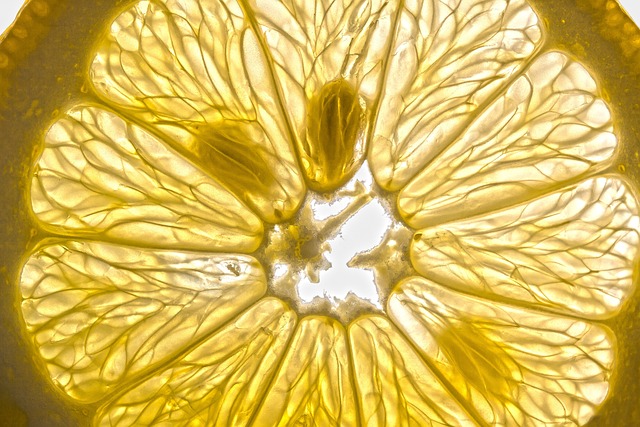Beyond the Yogurt: Exploring Unexpected Sources of Probiotics
Probiotics have gained significant popularity in recent years due to their contribution to gut health and overall well-being. While yogurt is commonly associated with probiotics, there are numerous other lesser-known sources that can provide similar benefits. In this article, we will dive into some unexpected sources of probiotics that you may not have considered.
Kombucha
Kombucha, a fermented tea, is an excellent source of probiotics. It is made by fermenting black or green tea using a SCOBY (symbiotic culture of bacteria and yeast) which initiates the fermentation process. This results in a tangy and fizzy beverage that is not only delicious but also packed with beneficial bacteria.
The probiotics in kombucha help to restore and maintain the balance of gut bacteria, promoting healthy digestion and supporting the immune system. Additionally, kombucha is rich in antioxidants, B vitamins, and enzymes that further enhance its health benefits.
Sauerkraut
Sauerkraut, a popular condiment made from fermented cabbage, is another surprising source of probiotics. The fermentation process enhances the natural lactic acid bacteria present in cabbage, creating a tart and tangy flavor while preserving the beneficial live microorganisms.
The probiotics found in sauerkraut assist in maintaining a healthy gut flora, aiding in digestion, and boosting immune function. It is important to note that commercially available sauerkraut may not contain live bacteria due to pasteurization. Therefore, it is advisable to opt for homemade or traditionally fermented sauerkraut for optimal probiotic benefits.
Miso
Miso, a traditional Japanese seasoning made from fermented soybeans, barley, or rice, is widely recognized for its rich umami flavor. It is a staple ingredient in Japanese cuisine, often used in soups, sauces, and marinades.
Aside from adding a depth of flavor to dishes, miso also offers a range of health benefits. The fermentation process involved in making miso results in the growth of probiotic bacteria. These friendly bacteria promote gut health, aid in digestion, and improve nutrient absorption. Miso is also a good source of essential minerals, vitamins, and antioxidants.
Kefir
Kefir, a fermented milk drink, is similar to yogurt but with a thinner consistency and a slightly tangier taste. It is made by fermenting milk with kefir grains, which are a combination of bacteria and yeast cultures.
Kefir contains a diverse array of probiotics that can help restore the balance of gut bacteria and support digestive health. Additionally, it is an excellent source of calcium, protein, and B vitamins. Kefir made from non-dairy alternatives, such as coconut milk or almond milk, is also available for those with lactose intolerance or following a plant-based diet.
Kimchi
Kimchi, a traditional Korean side dish made from fermented vegetables, is a spicy and flavorful source of probiotics. The primary ingredient in kimchi is usually cabbage, which is fermented with a variety of seasonings, including red pepper flakes, garlic, ginger, and salt.
The fermentation process not only adds depth to the taste of kimchi but also increases its probiotic content. Kimchi contains the beneficial bacteria Lactobacillus kimchii, which contributes to a healthy gut environment. It is also rich in vitamins A, B, and C, as well as antioxidants.
Conclusion
While yogurt is an excellent source of probiotics, it is worth exploring other unexpected sources to diversify your intake of beneficial bacteria. Incorporating kombucha, sauerkraut, miso, kefir, and kimchi into your diet can provide a wider range of probiotic strains and flavors to support your gut health. Experiment with these lesser-known sources and discover the exciting world of probiotics beyond the yogurt aisle.







